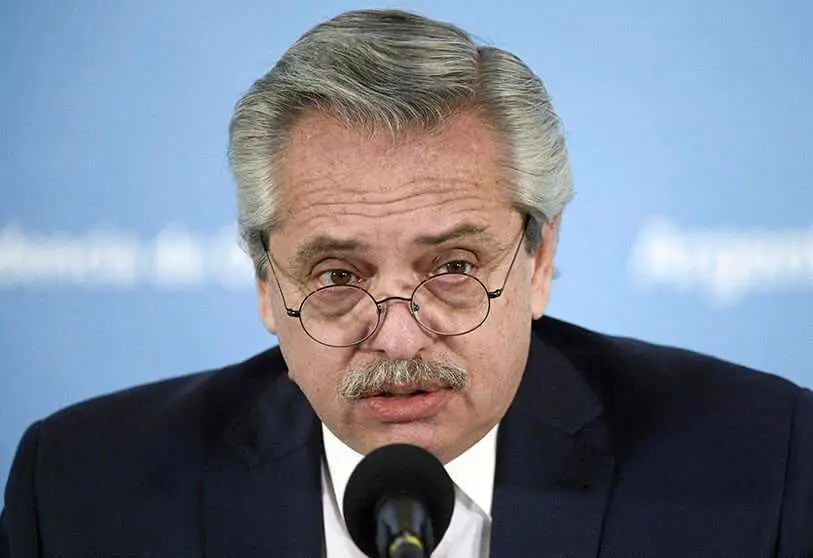Argentina turns half a year in quarantine and with economic crisis

This Sunday, Argentina completed six months since the imposition of social isolation measures to deal with the COVID-19 pandemic, with an epidemiological situation still not under control and a heavy cost to its already battered economy.
Since the government of Alberto Fernandez first decreed mandatory social isolation on March 20, the containment measures have been extended twelve times, with gradual relaxations and reversals depending on the health situation in the various regions of the country. The most recent extension was announced last Friday and will run until October 11.
Fernández, who took over the presidency last December, says this strategy has allowed him to gain time to adapt the health system to better respond to the emergency and to slow down a contagion curve that has been explosive in other countries.
Since the first case was detected on March 3, Argentina has recorded 631,365 infections, of which 8,431 were reported this Sunday, and 13,053 deaths by COVID-19, after 144 new deaths were confirmed in the last few hours, according to data released by the Health Ministry.
In the last week the daily average of positives has been 10,922, with a curve of cases that tends to stabilize but still at a high level in the metropolitan area of Buenos Aires, which is growing in the inner part of the country.
In fact, the news this weekend is that since the beginning of the pandemic, the daily record of cases is higher in the interior of the country (50.8% of the total) than in Buenos Aires and its surroundings, an area that in May concentrated 93% of the infections.
The strict isolation measures which applied particularly from the end of March to mid-May meant that a large part of the economy, which had already been hit by the recession which began in April 2018, came to an almost total standstill.
Many relaxation measures have been granted in recent months, but even so the indicators show very depressed levels of activity and, according to the latest official projection, the Gross Domestic Product (GDP) will end this year with a 12.1 percent drop, a greater slump than that witnessed in the serious crisis of 2001-2002.
According to the latest available official data, economic activity accumulated a collapse of 12.9 percent in the first half of the year, industrial production dragged down by 13.4 percent in the first seven months of the year and the construction sector by 34 percent in the same period.
Private sources reported job losses and closures of companies and businesses, many of which were non-existent in the first months of the confinement.
Inflation, meanwhile, remains high, at 18.9% accumulated in the first eight months of the year, which means that the poverty rate will be higher than 35.5% in the second half of 2019, the last official figure reported.
A survey by the consulting firm Giacobbe & Asociados reveals that while at the beginning of the pandemic 85% supported isolation measures, now 53.4% reject their continuation.
Also, according to this same survey, the positive image of Alberto Fernández fell from 67.8% at the beginning of the quarantine to 37.3%.
In this scenario, a series of public protests have taken place in Buenos Aires and the main cities of the interior of the country since the middle of the year, led by citizens who reject the quarantine, though the complaints are mixed with other slogans, such as opposition to government measures like promoting a controversial judicial reform, among others.
"At the same time, there was economic degradation, many people began to lose their jobs and anguish grew. That logically contributed to more and more people taking to the streets," Patricio Giusto, of the consulting firm Diagnóstico Político, told Efe.
The analyst pointed out that while there is a strong middle-class component in the protests, one can also see, particularly in the interior, low-income people who are in poverty.
"In the beginning, Alberto Fernández had a lot of support because there was a political and social consensus that there should be a quarantine. But this changed when contagion and deaths began to increase sharply, with disastrous economic results. In this sense, we have had enough," Giusto said.








